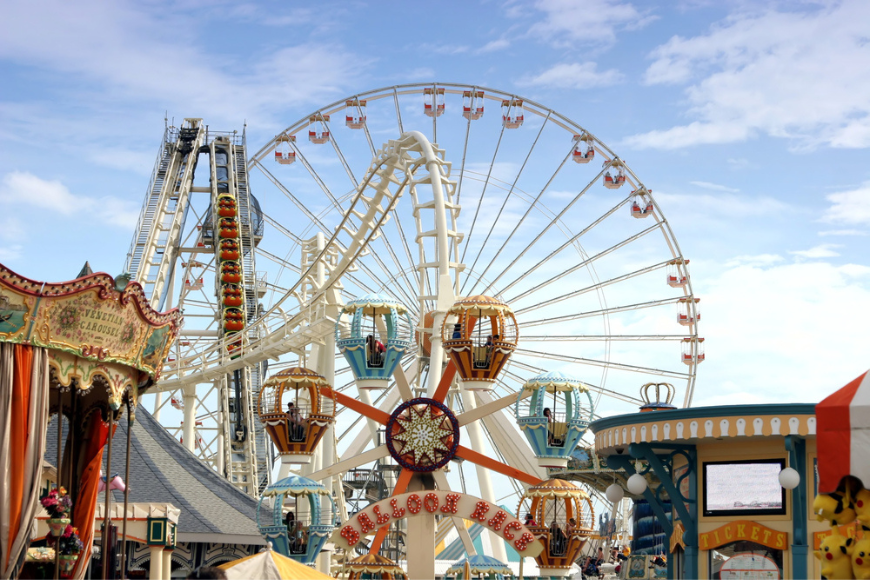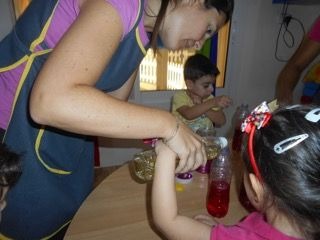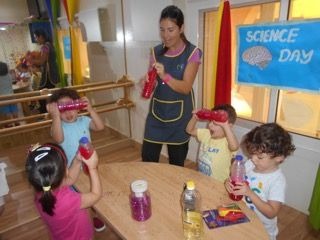You may wonder why sciences need to be introduced to children at a very young age. ‘Surely they are too young for that? Shouldn’t the focus rather be more on pre-writing, pre-reading skills?’
I like to argue that the early years are the ideal time to introduce simple everyday science to young children. They are naturally curious about the world, trying to make sense of what they see and hear! Questions like ‘why is the sky blue?’ or ‘where did the sun go?’ are natural openings for adults to introduce science to children. Not only are young children eagerly throwing themselves into physical play, but they also learn best this way.
Science Education at Milestones Nursery
Learning through play is a perfect opportunity for these kinesthetic and tactile learners to experiment with simple scientific processes such as cause-and-effect, bringing the ‘magic’ of science to them through easy hands-on experiments. They are not afraid to ask ‘why’ or ‘how’.
Research has shown that the
lack of emphasis on science for younger children can create a gap that is difficult to fill later in life, particularly for students who do not have access to educational resources at home. Exposure to science gives them a natural love, sense of wonder and solid basis for further learning and enquiring, instead of creating a barrier to ‘difficult’ science subjects.
SEE ALSO: Parents Testimonials About Milestones Nursery
Through science children are encouraged to be patient, observant, to have perseverance, organization, and attention to detail. If a child is interested they will focus, listen and start to predict with confidence about what might happen.
That is why
Milestones has introduced a weekly science club both during the main session and as an afternoon class.
‘Learners today, Leaders tomorrow’





























































































![We Tried [u]bk's Lively Garden Brunch at Mövenpick JLT Dubai We Tried [u]bk's Lively Garden Brunch at Mövenpick JLT Dubai](https://cdnexpatwomanfood.expatwoman.com/s3fs-public/urban%20bar%20and%20kitchen%20brunch%20main.png)











































